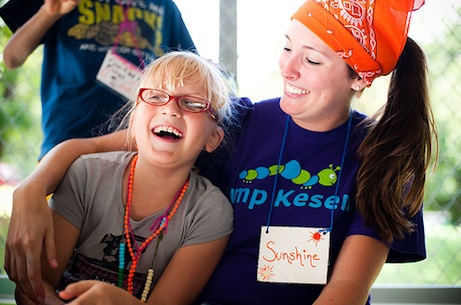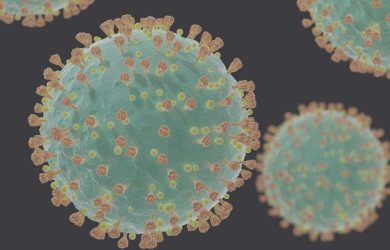
Four new Gates Cambridge Scholars tell stories of what inspired their research and talk about experiences which had a big impact on their lives.
Church restoration, choral music in primary school education, improving education and health outcomes for lower income children and a summer camp for children whose parents have cancer are the subjects of the latest session of Scholars’ Stories this week.
The event, which aims to show a personal side of what inspires individual Gates Cambridge Scholars, will take place at 7pm on Tuesday 30th October in the Gates Room.
Speakers include:
– Richard Butler [2012], who is doing a PhD in the History of Art, on How to move a white van: adventures in church restoration in rural Ireland. He will talk about the importance of knowing people on the ground if you want to get something done and will be based around his experience of working on the restoration of an old church ruin in Bantry, Co Cork, earlier this year.
– Sam Allchurch [2012], who is doing a masters in Choral Studies, will talk about choral music in primary school education in Australia. He says the establishment of the Sydney Children’s Choir by Lyn Williams OAM in 1989 was a watershed moment for young voices and has led to the establishment of a set of national choirs which bring together the most talented young singers from across Australia. Through commissioning innovative and demanding repertoire, the choir has forged a reputation for daring and exciting approaches to contemporary music. Sam was a chorister in the choir and it was the decisive factor in his choice to pursue a career as a professional musician. He has recently been involved in a major project of the Sydney Children’s Choir, one which sought to set up choral programmes in schools in a culturally diverse area of Sydney. He will talk about the goals, challenges of this particular project and then consider some of the broader implications it raises in terms of approaches to music education in schools in Australia, focusing on the relationship between government funding and not for profit arts organisations in its provision.
– Sarah Mummah [2012], who is doing an MPhil in Public Health, will talk about her work building DreamCatchers, a nonprofit organization based in Stanford, California. Initially, the organisation aimed to simply respond to a community-identified need and provide tutoring accessible to low-income middle school students who couldn’t afford it. Over time, however, its mission and goals evolved and took on a broader challenge: leveraging the talent and enthusiasm of college students in a sustained way to measurably improve the education and health outcomes of low-income adolescents. She will share the model DreamCatchers is working to build and reflect on some of the unexpected challenges and insights along the way.
– Josh Cohen [2012], who is doing an MPhil in Computational Biology, will speak about his week at Camp Kesem in Tuftonboro, New Hampshire. Camp Kesem is a summer camp run entirely by MIT students. He says: “Camp Kesem is a truly magically place (the Hebrew word, “Kesem,” literally translates to “magic”) – it is a place where children whose parents have or have had cancer are provided with a summer camp experience where they can simply be kids.” Josh was a counsellor at the camp and he says the experience has helped shape his ambition to pursue a career as a physician-scientist.
Picture credit: PhotoKesem and Creative Commons.












